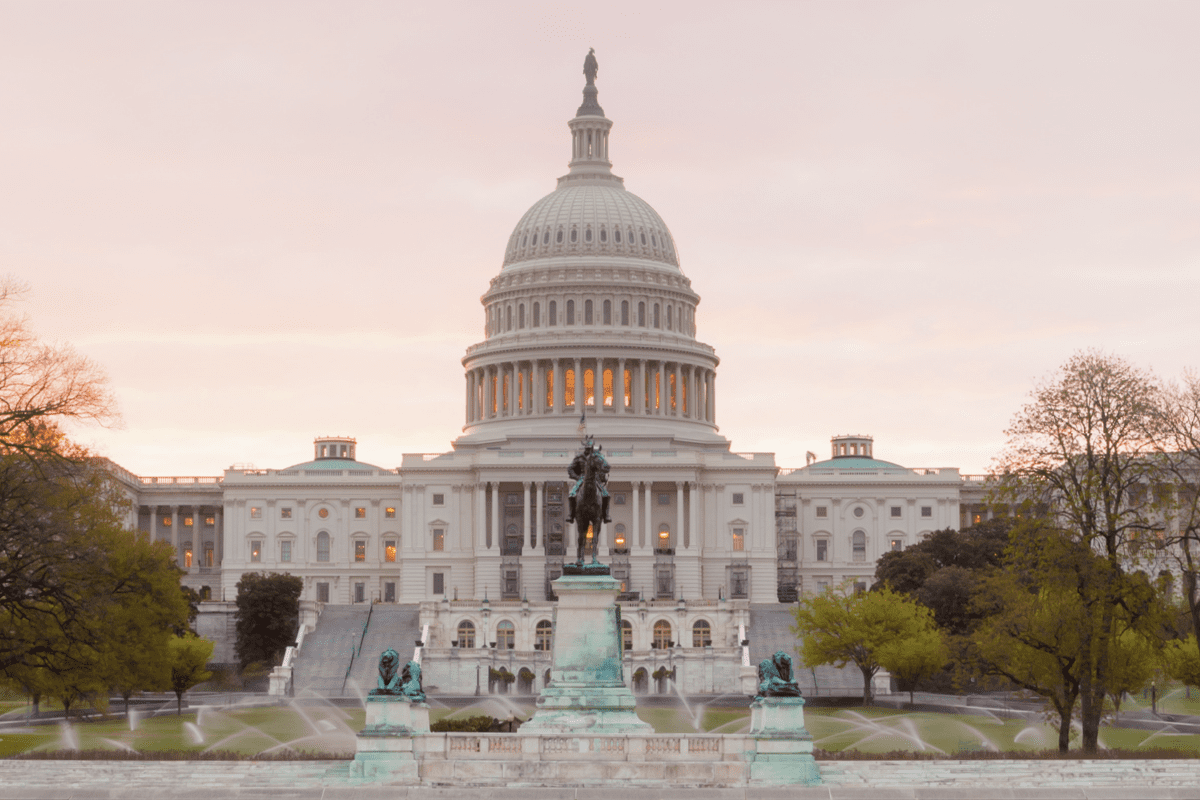
By: Michael Colavito, SALT Director
At a glance
- The main takeaway: Recently enacted tax legislation in Washington includes several notable changes to B&O tax rates and new services subject to sales tax.
- Assess the impact: The B&O rate increases, and the broadening of the sales tax base will create additional tax obligations for businesses.
- Take the next step: Aprio’s State and Local Tax (SALT) team can assess the impact of state tax law changes to help minimize the potential of tax liabilities and penalties.
Schedule a free consultation today to learn more!
On May 20, 2025, Washington Governor Bob Ferguson signed into law three tax bills that bring significant changes to the state’s sales and use tax as well as Business & Occupation (B&O) taxes, including an increase in B&O tax rates (HB 2081), a new B&O tax classification (i.e., tax rate) for payment card processing activities (HB 2020), and a broadening of the sales tax base to include several services (SB 5814).
In this article, we highlight these three changes and what they mean to you.
Increased B&O Tax Rates (HB 2081)
Washington’s B&O tax is a broadly applicable gross receipts tax with varying tax rates for different types of business activities (i.e., classifications). House Bill 2081 increases tax rates effective January 1, 2027, for many business classifications, including the most common of those classifications, as follows:
- The retailing classification rate will increase from 0.471% to 0.50%
- The rate for the manufacturing and wholesaling classifications will increase from 0.484% to 0.50%
The more immediate rate increase applies to taxpayers subject to the services and other activities classification that have $5 million or more of annual Washington source gross receipts. Beginning October 1, 2025, such taxpayers will be subject to a B&O rate of 2.1%. The current 1.75% rate for the services and other activities classification will remain intact for taxpayers with annual Washington source gross receipts of at least $1 million and below $5 million, with the 1.5% rate applying to taxpayers annual Washington source gross receipts below $1 million.
For purposes of these rate determinations, Washington source gross receipts is measured as of the immediately preceding calendar year (i.e., a business’s 2025 Washington source gross receipts will determine its 2026 B&O tax rate). In addition, rate brackets for taxpayers may be determined based on the combined Washington source gross receipts of all affiliated entities.[1] Finally, effective January 1, 2026, there is an additional 0.5% tax surcharge on certain businesses with over $250 million in taxable income.
Higher B&O rate for payment card processing activities (HB 2020)
House Bill 2020 creates a new B&O tax classification for businesses engaging in payment card processing activities. This classification will be subject to a 3.1% rate, which will go into effect on January 1, 2026. The legislation defines payment card processing activities as “services related to directly or indirectly acquiring, processing, or routing electronic transactions for issuers, acquirers, payment networks, or merchants,” but specifically excludes the following from the definition:
- Issuing and authorizing the use of payment cards
- Authorization and clearance of transactions by a payment network
- Retail services or the retail sale of hardware or software
The new payment card processing B&O classification does not apply (i) when the processor also operates or is affiliated with the operator of a payment network and makes related payment to an affiliated financial institution or (ii) where the payment card processor is also the issuer of the card. These businesses not subject to the new classification continue to be subject to the B&O tax under the services and other activities classification.
Finally, payment processors subject to this new classification will be allowed to deduct from its tax base certain interchange, network, and other fees retained by other parties or payment processors.
Broadening of the sales tax base (SB 5814)
Effective October 1, 2025, certain receipts that were previously subject only to the B&O tax will also be subject to the Washington sales and use tax and reclassified to the retailing classification under the B&O tax. This includes receipts derived from the following:
- Information technology training services, technical support, and other services including but not limited to assisting with network operations and support, help desk services, in-person software and hardware training, data entry services, and data processing services.
- Custom “website development services,” which is defined as design, development, and support of a website provided by a website developer to a customer.
- Custom software and customization of prewritten software
- Investigation, security, security monitoring, and armored car services
- Temporary staffing services
- Advertising services, which means all digital and nondigital services related to creation, preparation, production, or dissemination of advertisements.
- Live presentations, including but not limited to lectures, seminars, workshops, or in-person or online real time courses. The Washington Department of Revenue has issued interim guidance to taxpayers indicating that charges made by public and private elementary or secondary schools and institutions of higher education for lectures, seminars, workshops, courses, or other programs will not be subject to sales tax.
It’s important to note that the sales and use tax will not apply to the services listed above under (1), (2), (4), and (6) when the sale is between members of the affiliated group.
Senate Bill 5814 also eliminates the “human effort” exclusion from the definition of digital automated services (DAS). This exclusion from DAS meant that services that primarily involve human effort that occurs after the customer requested the service were not subject to sales tax. Thus, the receipts of service providers that previously met the requirements of the “human effort” will be subject to sales tax as DAS (and taxed under the B&O retailing classification) starting on October 1, 2025.[2]
The bottom line
Washington’s B&O tax is the state’s main business activity tax, as there is no income tax imposed on businesses in the state. The B&O rate increases, combined with the broadening of the sales tax base, suggests that Washington is attempting to reduce budget deficits. Arguably, the most notable changes relate to the state’s sales tax, as businesses engaged in providing these new taxable services will need to start collecting and remitting sales tax and apply the new B&O tax classification.
Washington is not the only state to recently broaden its sales tax base, as Maryland recently enacted its 3% “tech tax.” Aprio’s SALT team regularly assists clients with assessing the impact of state tax law changes. We constantly monitor these and other important state tax topics, and we will include any significant developments in future issues of the Aprio SALT Newsletter.
[1] The affiliated group rules may need further guidance and/or a technical correction as the revised law does not appear to apply as the state may have intended.
[2] It is worth noting that several of the new services subject to sales tax listed above were also removed as exclusions from DAS under SB 5814.


